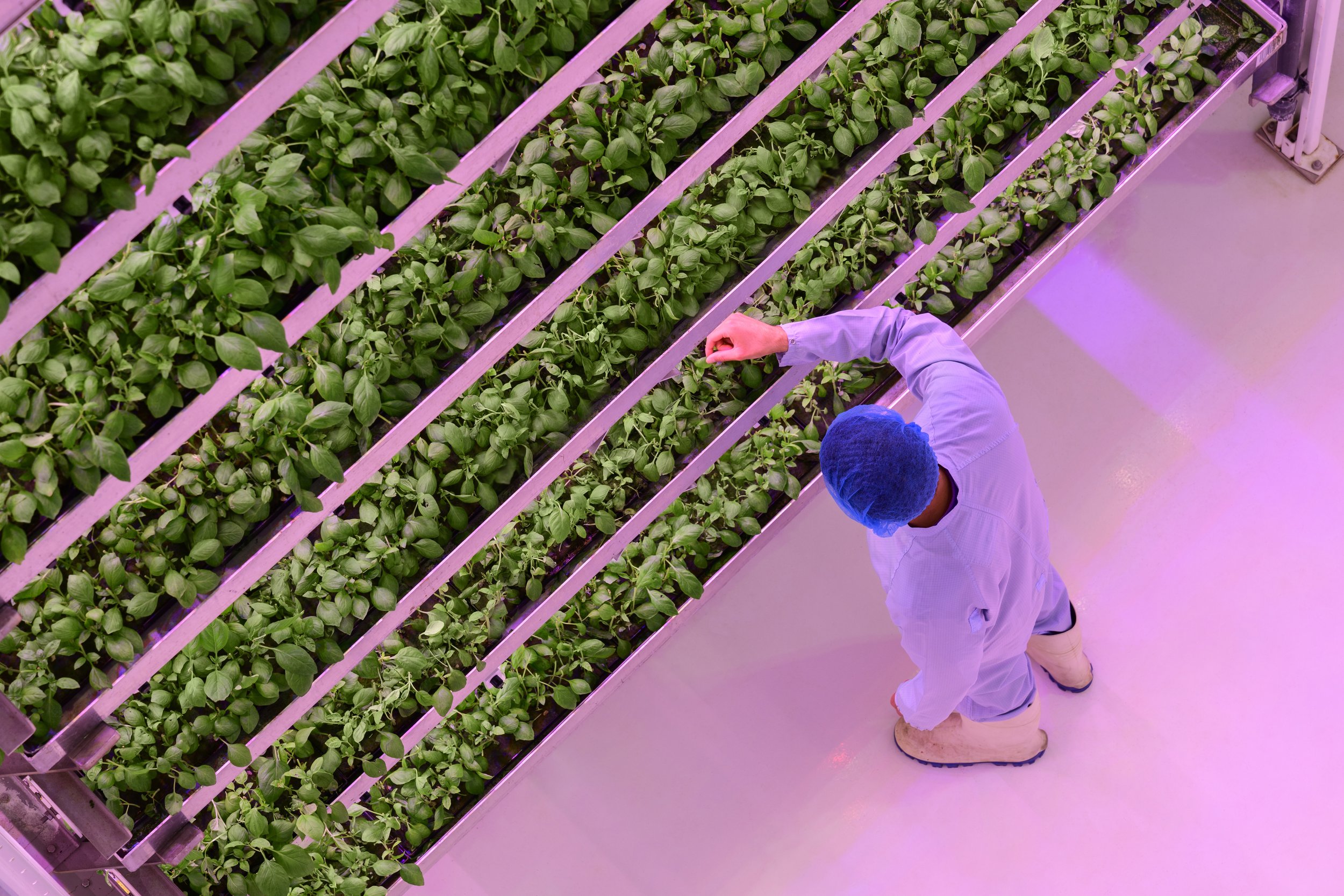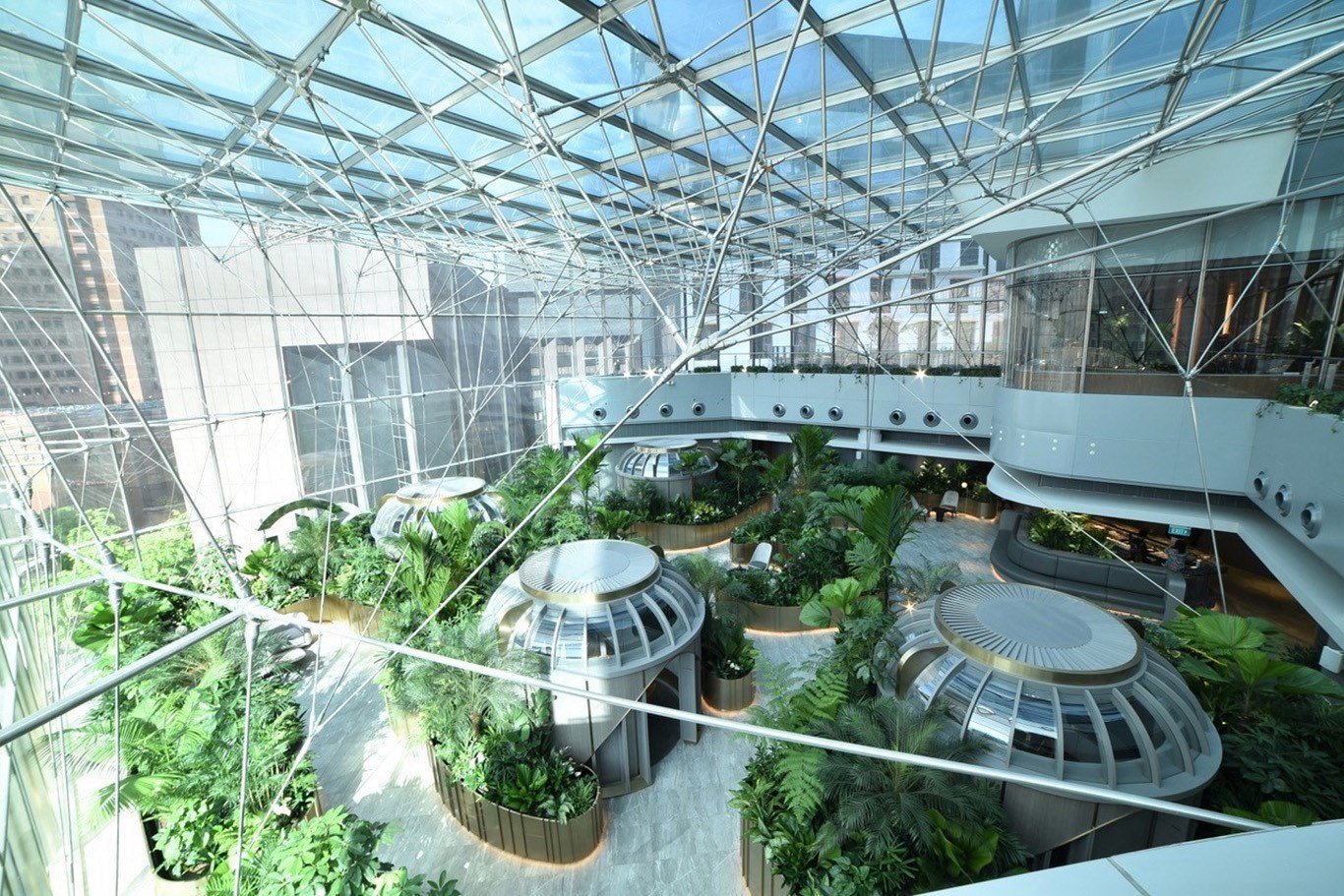
Singapore’s quest to revolutionise urban farming
Knight Frank
The client:
Knight Frank is a real estate consultancy with 500 offices across 57 territories.
The task:
Each year, Kent Nordic works with Knight Frank developing new ideas for the company’s flagship annual Wealth Report, exploring trends in prime property markets, global wealth distribution, the threats and opportunities for wealth, commercial property investment opportunities, philanthropy and luxury spending.
The 2023 edition included a focus on Singapore, exploring whether urban farming might hold the key to the nation's quest to meet 30% of its nutritional needs through locally produced food.
The role:
Editorial consultancy
Content writing
Editing
You can read the full publication at knightfrank.com, or read a snippet below.
Deep inside a non-descript white office building in an industrial district near Singapore’s northern border, neat rows of Tuscan and curly kale sit on shelves stacked from floor to ceiling, bathing in a cool purple glow.
The kale belongs to Sustenir, a Singapore-based pioneer of urban, vertical farming.
The purple light is a mixture of the blue and red LEDs that encourage photosynthesis, an integral part of the formula that enables Sustenir to produce a tonne of kale every month for every 580 square feet it occupies – about the size of a standard size room. Across Singapore, Hong Kong and Malaysia, the company occupies 90,000 square feet.
“We compete with produce that comes from abroad or long distances, that’s how we play to win,” says founder Benjamin Swan.
Kale is a cool season crop. It likes temperatures of between 15 and 20 degrees Celsius, cooler than Singapore’s coldest winter days. The snap of a fresh stem of home-grown kale had rarely been heard in Singapore until Sustenir began operating in 2015. The produce is fresher, cheaper, fully traceable, creates jobs locally and has a tiny carbon footprint relative to imported food, according to Swan.
“Our model serves people, the planet and prosperity,” he adds. “It’s a triple bottom line business.”
Singapore imports about 90% of its total food consumption and urban farming techniques like Susentir’s could be pivotal in the city-state’s efforts to be more self-sufficient.
The government wants to meet 30% of the nation’s nutritional needs through locally produced food by 2030 - a big ask for a country of 5.7 million that, at 729 square kilometres, occupies a smaller space than New York City.




